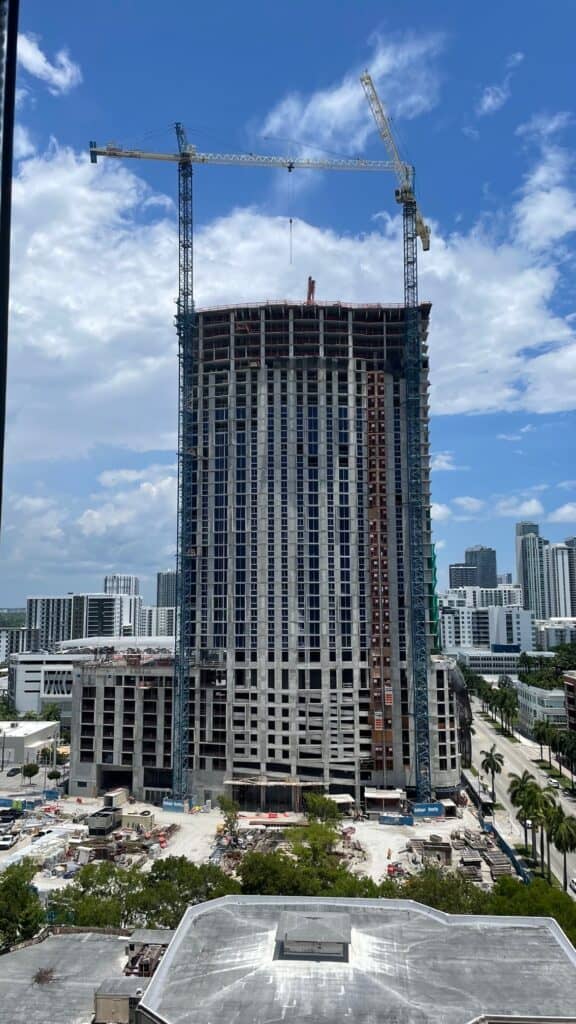House Hunting in Costa Rica: Pools, Ponds and a Glassy Heart Near San José
Who Buys in Costa Rica
Mr. Studnicky reported a recent influx of American buyers moving to Costa Rica, particularly from California, Texas, Florida and New York. “That’s why I’m affectionately referring to Costa Rica as the 52nd state,” he said. WHAT DOES HE THINK IS THE 51ST STATE??
Mr. Tuinstra said luxury buyers in Costa Rica are “overwhelmingly North American,” but added that more Europeans have been buying in the last five years, thanks to the increased number of direct flights to and from Europe.
Buying Basics
Foreigners can buy real estate in Costa Rica without restrictions. Transactions are handled by a notary.
Closing costs including escrow services, due-diligence reports and studies, and a transfer tax, amount to approximately 4 percent of the purchase price and are typically paid by the buyer, Mr. Fenton said.
Foreign buyers often pay cash, because interest rates on mortgages offered by private banks are high, Ms. Gray said. Sellers sometimes offer mortgages, with interest rates ranging from 5 to 8.5 percent and loan terms of three to five years, she said.
Mr. Fenton recommends that buyers hire a qualified realtor and an attorney familiar with the region that they wish to purchase in. “You want to make sure that your realtor and your attorney are well versed in federal and local laws governing water concessions and water rights, permitted land use, marine zones and protected zones, labor laws and several other issues which may have a negative impact on the property being purchased,” he said.
Ms. Gray urges buyers to think carefully about buying properties in undeveloped areas. “Oftentimes buyers think they want to be in a ‘jungle’ atmosphere,” she said. “However, once they explore these areas, spending one to two weeks there, they discover that the lack of services can become a real issue to most buyers.”



